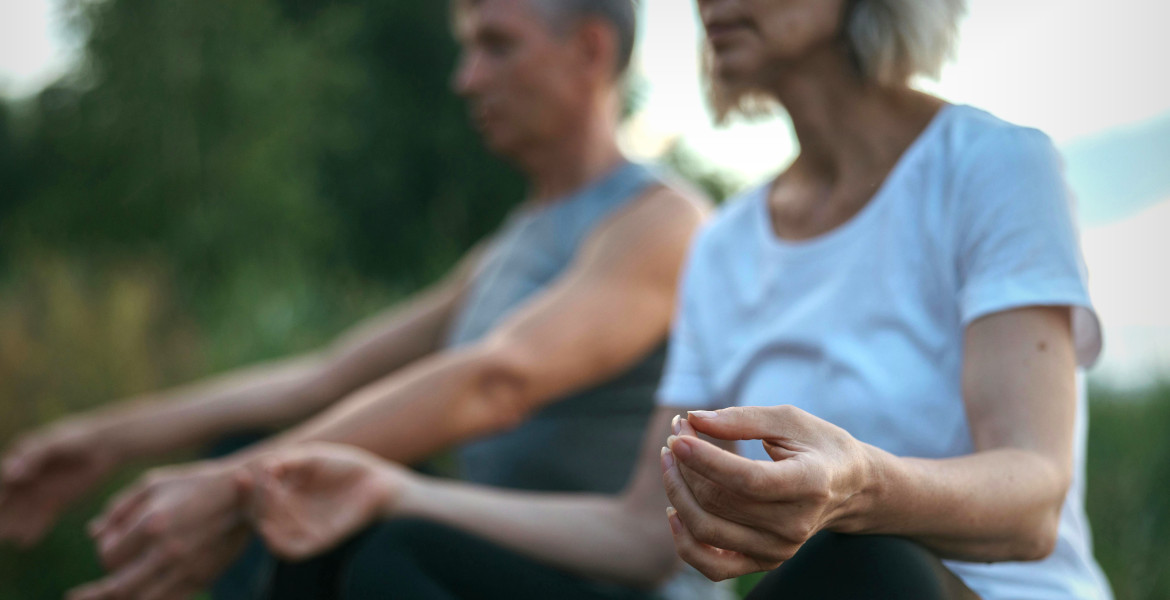As of July 1, psychiatrists in Australia will be able to prescribe MDMA and psilocybin, which are found in psychedelic mushrooms. This makes Australia the first country to formally approve these drugs for medical treatment.
Both MDMA and psilocybin are classified as narcotics in Sweden and many other countries. Now, however, patients in Australia can be prescribed the substances as medicine for mental health problems, reports The Guardian. The country is the first in the world to approve the substances for clinical treatment.
Psilocybin is already formally legal in a few countries, including Brazil, Nepal and the Netherlands, but it is not used in medical or psychiatric settings. MDMA is currently under investigation for medical use in the United States, and is permitted for limited personal use in the province of British Columbia, Canada. Psychedelic substances, including psilocybin and MDMA, can exceptionally be distributed in Canada through a special application to the Ministry of Health. However, Australia will be the first country to allow the substances to be prescribed by doctors for treatment.
MDMA is primarily used to treat post-traumatic stress disorder (PTSD), while psilocybin is primarily used to treat depression.
Mixed views on the decision
Psychology professor Susan Rossell, who is currently conducting a major study in Australia on depression and psilocybin, is "cautious" about the new legislation, saying that the medical studies are not yet comprehensive enough.
– We’ve got no data on long-term outcomes at all, so that worries me a lot, says Rossel in a comment to The Guardian.
But Dr. Mike Musker, a mental health researcher at the University of South Australia, calls it a success and "one of the biggest evolutions in psychiatry in the last 70 years".
The role of MDMA in psychiatry has also been discussed in Sweden, including at a 2019 conference on the topic organized by the Network on Psychedelic Science, which was attended by several of the world's leading researchers in the field. A so-called phase 3 trial at the University of California, published in Nature Medicine in 2021, for the treatment of patients with severe PTSD, including war veterans, has also prompted Gita Rajan, a doctor and PhD student at Karolinska Institutet, to plan a pilot study in Sweden. This study will investigate the effects of MDMA on her patient population of people suffering from PTSD after severe sexual violence.
– MDMA increases the possibilities for treatment more than any other drug available today, Rajan said in a commentary on the study to taxpayer-funded SVT.
The Facts: MDMA and Psilocybin
Psilocybin is a substance found in mushrooms of the genus psilocybin that induces so-called psychedelic states of consciousness. Thoughts, feelings, and perceptions are greatly altered in a way that is often described as a spiritual experience. The substance belongs to the class of enteogens, traditional natural medicines with hallucinogenic properties used in psychotherapeutic and shamanistic contexts. In recent years, it has received widespread attention in the West for its potential healing effects, with warnings that careless use is very risky and can cause both panic attacks and psychotic episodes.
MDMA (methylenedioxymethamphetamine) is a central stimulant introduced in the early 1900s and originally used as a weight-loss drug. It is the psychoactive substance in the party drug known as "ecstasy," although in practice it is often a mixture of several different substances. MDMA affects the nervous system and, like psilocybin, can induce psychedelic states of consciousness. It is classified as an empathogen, which affects the state of mind rather than perception. It releases serotonin in the brain, usually causing intense euphoria and alertness, but can also cause hyperactivity, anxiety, and decreased self-control. Like psilocybin, it has attracted attention for its potentially medicinal effects, while also warning that careless use is very dangerous. Among other things, it can cause neurotoxic damage with symptoms such as persistent anxiety, fatigue, difficulty sleeping, and depression.




